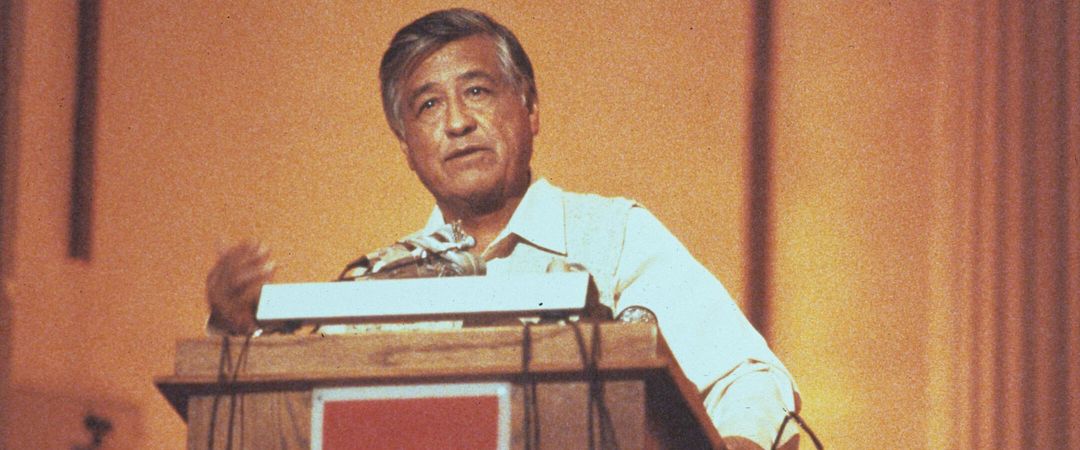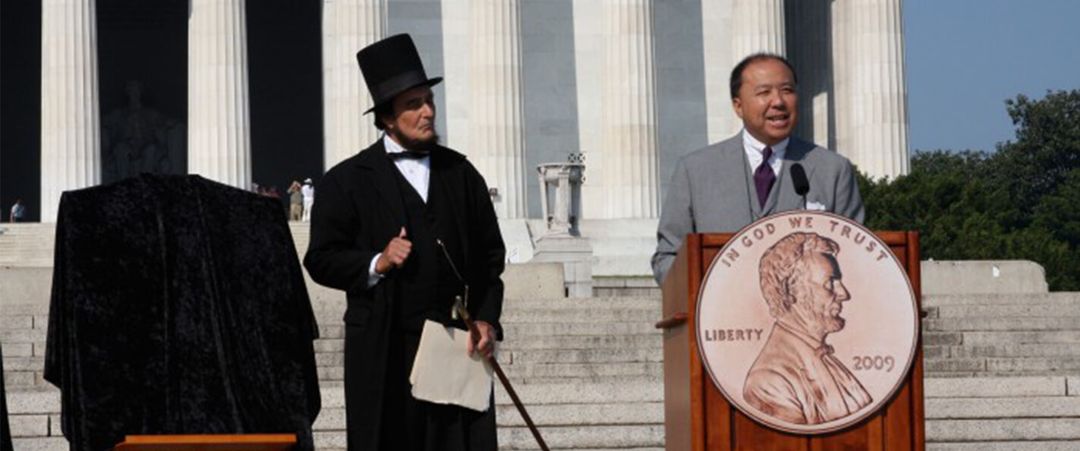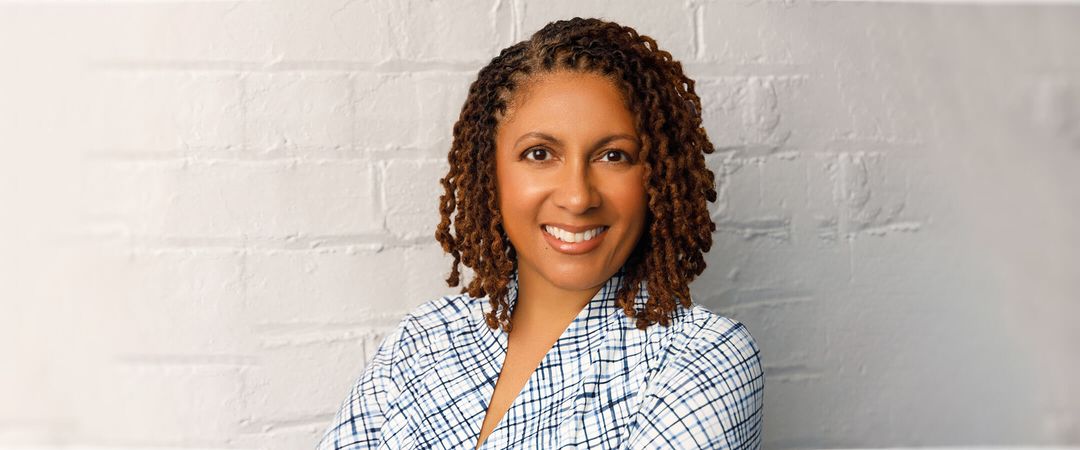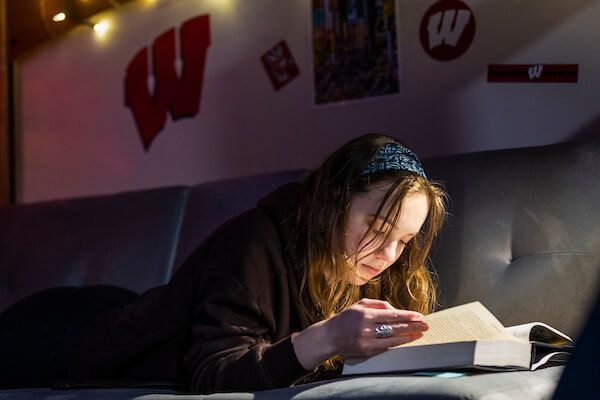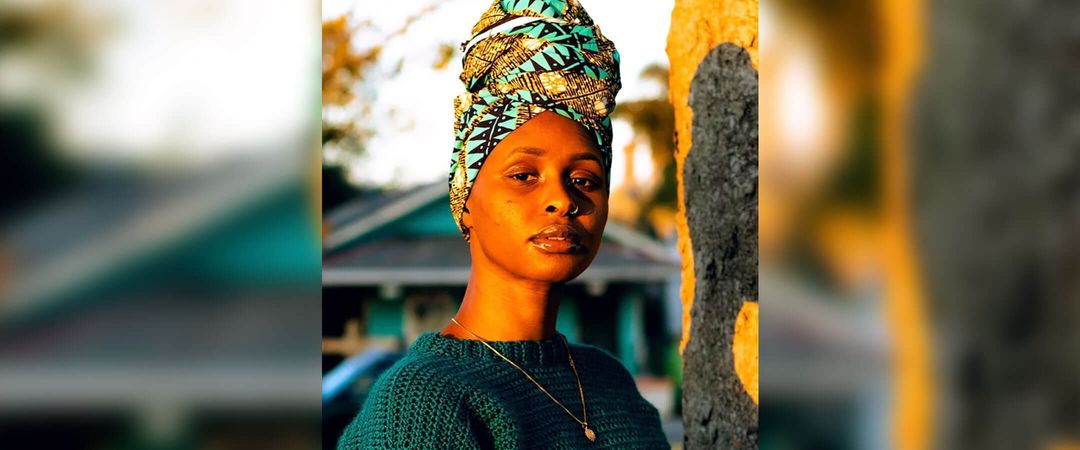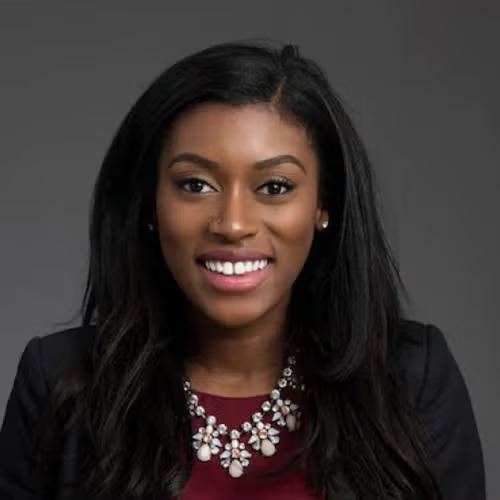Cavalier Johnson ’09 was elected to the Milwaukee Common Council in 2016 and reelected unopposed in 2020. His peers subsequently elected him president of the council. He has focused on issues such as improving early childhood education, maintaining infrastructure, economic justice, the environment, and protecting elections by giving poll workers a raise and providing them with personal protective equipment. Badger Vibes spoke with him recently to get his thoughts on racial injustice, how it affects his home city of Milwaukee, and the Black Lives Matter movement.
How is the Milwaukee community responding to the Jacob Blake shooting?
Folks here are marching in the street in solidarity with the family of Mr. Blake. But folks here were already marching. They’ve been marching pretty consistently on a daily basis since the murder of George Floyd. [The Blake shooting] was nothing new necessarily — just adding fuel to the fire. … This is something that Milwaukeeans are used to. It’s something that they’ve been calling for change on for some time. And members of the council — myself included — have been trying to be the voice … to push for the changes people are asking for. I was looking recently at a Marquette Law School poll, and the poll was looking at support for law enforcement and for Black Lives Matter amongst Wisconsin residents. And both of those questions had positive reviews. So people support both law enforcement, and they support Black Lives Matter; and both of those, I think, it’s our responsibility as elected officials to find the right balance. That’s what folks want. They don’t want the police to disappear. They want there to be a reexamination of the relationship between law enforcement and the communities that they serve. Because for decades, Black people and people of color have been hurt, maimed, and murdered by law enforcement, and that’s not right.
What message do you have for alumni about how they can contribute to the quest for racial equality and justice?
For alumni, my request would be for them to get involved. Don’t just look away from this. Really listen to the people who are shouting out for change. Because it’s those people and their communities and their family members and the folks that they care about whose lives are negatively impacted. And when we lift the tide for the least of these, then we lift the tide for everyone, including the people who may not necessarily feel that they have any skin in the game on this. All of us do. All of us should be fighting to make our country a better place for everybody who calls the United States home. So my call to them is to not turn a blind eye to history -– to shape it, be a part of it, and do their part to make our state and our country better for everybody. Because it only benefits everybody.
I have read about an analysis by former FBI agent [Michael German] that found that white supremacists and far-right militia members have infiltrated United States police departments. Does that seem plausible to you?
In years past, I’ve heard of that. Growing up, I would hear that in local police departments, there were contingents of officers that were sort of associated with groups like that [white supremacists]. It’s not out of the realm of imagination at all. The more screening we can do, the better. People in other parts of this state have issues against Milwaukee for a number of reasons. I’m sure that some of those reasons are not just because it’s a big city but also because of the racial makeup of Milwaukee. So there are racial undertones or even overtones. When Scott Walker was governor, [the administration] eliminated the residency requirement that we had for police officers. So instead of having to be a resident of this city or being willing to move into this city and develop relationships with the people in this city, they decided to blow the doors off and allow for anybody to be a police officer. So if you have some sort of … ideology and you live in a northern or rural or whatever part of the state and you’ve been conditioned to be fearful of Milwaukee and the people in it because of what you see on the nightly news, you can actually apply to be a police officer here, never move into the city and never develop relationships with the people here, and then have a gun to police those very same neighborhoods that you’ve been conditioned to be afraid of. That I think is dangerous. It’s difficult for us to hire police officers from our own city when the doors are flung off. Anybody from anywhere can apply — they have to move to within 15 miles from the city — but that can get you out pretty far where you come in, do your shift in a primarily, say, African American neighborhood, then jump back out to the middle of nowhere. I don’t think that’s right. I just think that’s dangerous. Residency had been on the books in Milwaukee for 75 years before they killed it. Now half of Milwaukee’s police officers no longer reside in the city of Milwaukee.
Do you think that we’ve made progress on issues of racial injustice?
There’s been progress, but America is always working for a more perfect union. Change is hard. It was hard then and it’s hard now. So folks have to continue to raise their voices to fight for that change. If the Civil Rights movement had not happened, who knows if I’d be sitting here right now as council president or even elected as an alderman — or even have the right to vote myself. You could say the same thing about the number of African Americans who have attained office across the United States, including Barack Obama. If those fights were not held when they were held years ago — if John Lewis and Dr. King were not getting in the good trouble that Representative Lewis often spoke about. Yes, there’s been progress, but there’s still obviously a ways to go, and that’s what people are calling for in the streets.
Do you see cause for optimism in the Black Lives Matter movement?
I do. I’m an optimistic person by nature, and I do find optimism in that movement. I think the reason why I’m sitting here as council president is because of what folks like that have done over the generations in the United States. It’s always Black people that are on the front lines of fighting for this country to be a more perfect union. And that’s exactly what’s happening right now again. The goal is not to try to eliminate policing altogether. … But we have to recognize that all of our citizens, including those folks who are Black, including those folks who are brown, deserve the same treatment that white communities get. That’s what folks are calling for. When you look back at this time in history, folks are going to talk about it I think similarly to the way they talk about the Civil Rights movement before that, or the Underground Railroad before that. Folks are fighting for the American idea that people are created equal. As long as they keep doing it, I think that the idea of America is alive and well.

